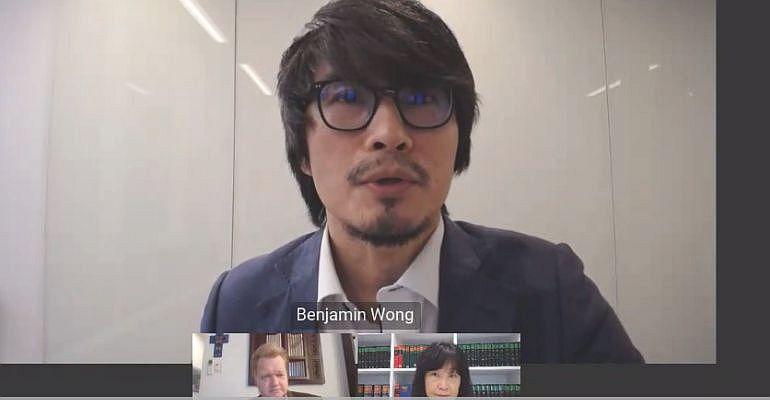On 19 June 2020, the Inland Revenue (Amendment) (Ship Leasing Tax Concessions) Ordinance 2020 (the Ordinance), which introduces concessionary tax regimes for qualifying ship lessors and ship leasing managers, came into effect.
The Ordinance is a follow-up of the well-received tax concessions policy for aircraft leasing businesses in Hong Kong, and the new tax regime applies to revenue received on or after 1 April 2020.
The tax rate on the qualifying profits of ship lessors carrying out operating lease and finance lease activities, including subleasing and sale and leaseback arrangement, will be 0%. On the other hand, the tax rate on the qualifying profits carrying out ship leasing management activities for ship lessors will be 0% and 8.25% for associated companies and non-associated companies, respectively.
“For ship leasing, the (Hong Kong) government is actually planning or forecasting that in 10 years’ time we should be able to capture about 12% of the world’s market – something we are quite confident about, said Benjamin Wong, head of maritime cluster of Invest Hong Kong, Government of the Hong Kong Special Adminstrative Region (HKSAR).
Wong was speaking at the webinar on ‘Discovering Hong Kong’s new ship leasing tax concession initiative’, hosted by Seatrade Maritime News on Thursday.
“In terms of the gravitational pull from shipping and ship leasing, they are much stronger than aviation,” Wong observed. In ship manufacturing, Asia (namely China, Japan and South Korea) account for more than 90% of the global total and around 50% of vessel ownership are in Asia, in addition to very active participation in ship leasing by Chinese lessors, collectively pulling businesses into Asia and China.
“Hong Kong also has a strong financial market to support leasing activities and we are confident that we can be as successful, if not more successful, than our aircraft leasing,” Wong said.
Bill Guo, executive director of shipping at ICBC Leasing, believed that Hong Kong is now set to become an even more “ideal place” for many China leasing companies to conduct their activities.
“With the new tax scheme, we can and could do more in Hong Kong, including setting up subsidiary companies. It is a good opportunity for mainland Chinese companies to access more talented people in Hong Kong, as the majority of Chinese leasing companies are now based in Beijing, Shanghai and Shenzhen,” Guo said at the webinar.
Guo added that while Singapore has also been an attractive location for Chinese leasing companies, Hong Kong is expected to be preferred due to its proximity to China.
Rosita Lau, partner at Ince & Co, highlighted that the tax regime has a “retrospective effect” to 1 April 2020. “If profits earned from that day [1 April 2020] had been in compliance, then you can enjoy the new tax concessions,” she said.
Lau also explained some of key the requirments of the legislation in terms of qualifying for the concession. "Only those 'qualifying ship lessors', ”qualifying shipping lease management" are qualified to enjoy the benefits. And all the management activities must be conducted withinHong Kong while the vessel involved must be trading outside Hong Kong waters. Ordinary or traditional ship financiers or ship-managers are not, as a starting point, to be qualified to be benefited but they can always restructure their business so as to enjoy them."
She added that those who are interested in getting the benefits should pay special attention to all those legal requirements set out in the legislation in particular under:
1, the Definition section ,
2, Section 14 P and 14 T ,and,
3, Schedule 8 C and 17 FA .
Copyright © 2024. All rights reserved. Seatrade, a trading name of Informa Markets (UK) Limited.
Add Seatrade Maritime News to your Google News feed.  |

